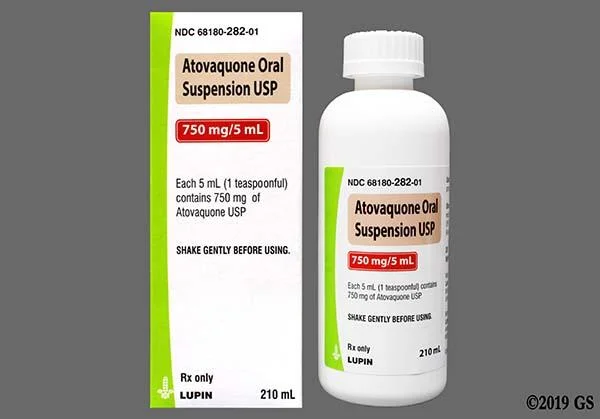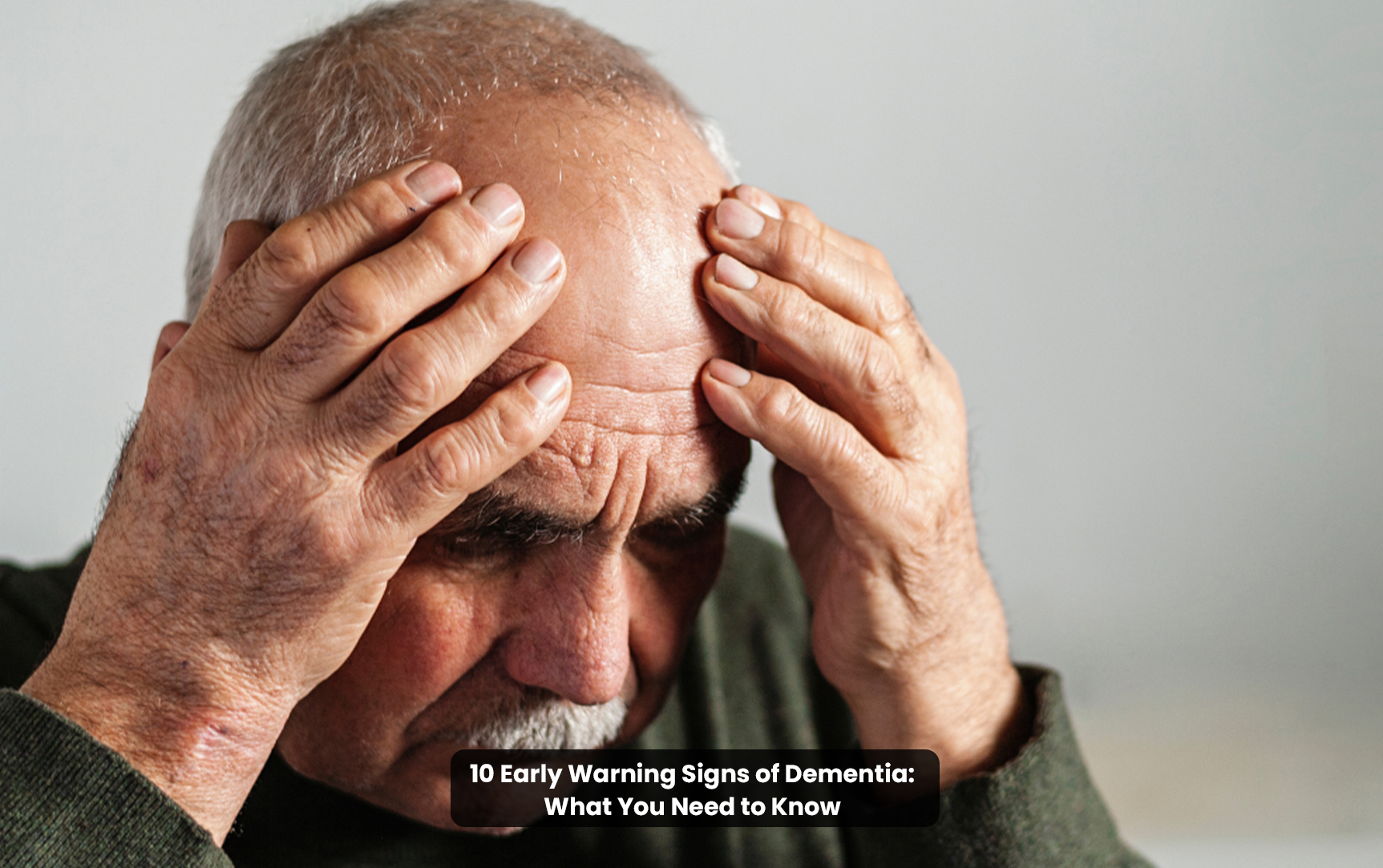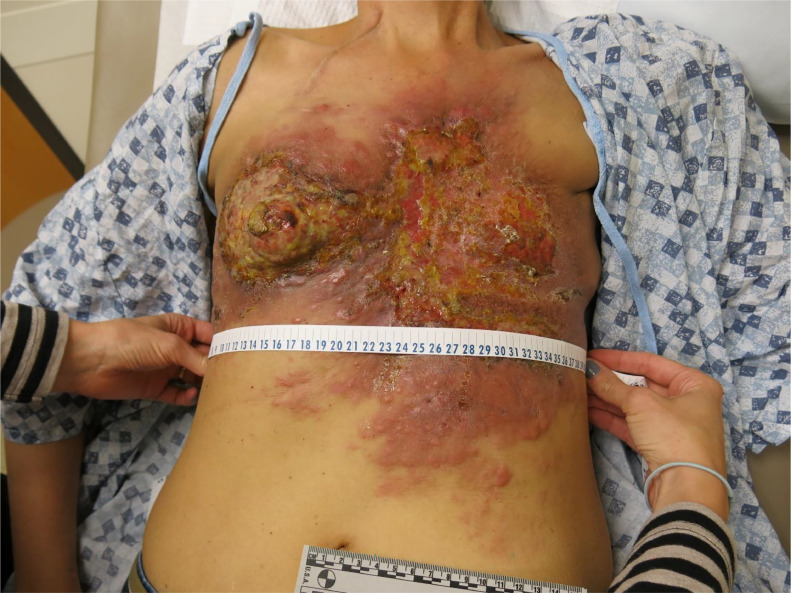Kigali, Rwanda – When Jean Paul Nduwumwe walked into a clinic in Gasabo District with his pregnant wife, he thought he was simply accompanying her for a routine check-up. But one quick decision to get tested for hepatitis changed – and possibly saved – his life.
Within minutes, a rapid test revealed he had hepatitis C, a silent but dangerous infection that had been slowly destroying his health. After just three months of free treatment, Jean Paul says he feels “reborn.” Once too weak to walk short distances, he’s now back at work as a house painter.
“I urge everyone to get tested. Health workers are ready to take care of you if you test positive,” says Jean Paul, now fully cured.
The Silent Threat of Hepatitis
Hepatitis is an inflammation of the liver caused by viral infections such as hepatitis B and hepatitis C. Left untreated, it can lead to liver cirrhosis, liver cancer, and even death. The World Health Organization (WHO) calls it a “silent killer” because symptoms often appear only in the advanced stages. Globally, hepatitis claims over 1 million lives each year.
Rwanda’s Groundbreaking Approach
In 2018, Rwanda was selected as one of only seven countries worldwide to pilot WHO’s viral hepatitis elimination validation program. The country set its own ambitious target: eliminate hepatitis C by 2024 — six years ahead of WHO’s global 2030 goal.
Since then, Rwanda has:
- Tested over 7 million people aged 15+ for hepatitis C, treating 60,000 patients.
- Screened 5 million people for hepatitis B, with 7,000 now receiving lifelong care.
- Vaccinated over 7 million people against hepatitis B.
- Reduced hepatitis C prevalence to less than 1%.
Dr. Janvier Serumondo, Director of the STI and Blood-Borne Infections Unit at the Rwanda Biomedical Centre, says:
“This exercise motivated us to work harder towards elimination. Decentralizing care and empowering nurses to test and treat have been key to our success.”
Health Services That Reach Everyone
A major innovation has been decentralizing hepatitis services to primary health care facilities, allowing more people to get tested and treated close to home. Nurses are now trained to handle straightforward cases under doctor supervision, while complex cases are referred to specialized hospitals.
The government also negotiated a 20-fold reduction in drug prices, enabling free treatment for all patients. Rapid tests now provide results in just 20 minutes, encouraging more people to know their status.
Nurse Marie Rose Kwitonda from Gikondo Health Center says:
“Before, we ran massive campaigns to find patients. Now, we test almost everyone who walks into the clinic.”
WHO’s Role in Rwanda’s Success
WHO has provided technical guidance, global best practices, and progress monitoring since the launch of Rwanda’s national elimination plan in 2018. Dr. Muhayimpundu Ribakare, WHO’s Hepatitis Program Officer in Rwanda, notes:
“We commend the government for these achievements and will continue supporting their efforts.”
Learn more about WHO’s hepatitis elimination strategy here.
A Model for the World
Rwanda’s achievements demonstrate that eliminating hepatitis is possible, even in resource-limited settings, with strong political will, community engagement, and smart healthcare policies.
Jean Paul’s story is proof that hepatitis is not a life sentence. Early testing, quick treatment, and accessible care can save lives — and entire nations can turn the tide against this silent killer.
💡 Take Action:
If you live in Rwanda or anywhere else, don’t wait for symptoms. Get tested. Learn more about hepatitis prevention and treatment from the CDC and WHO.















